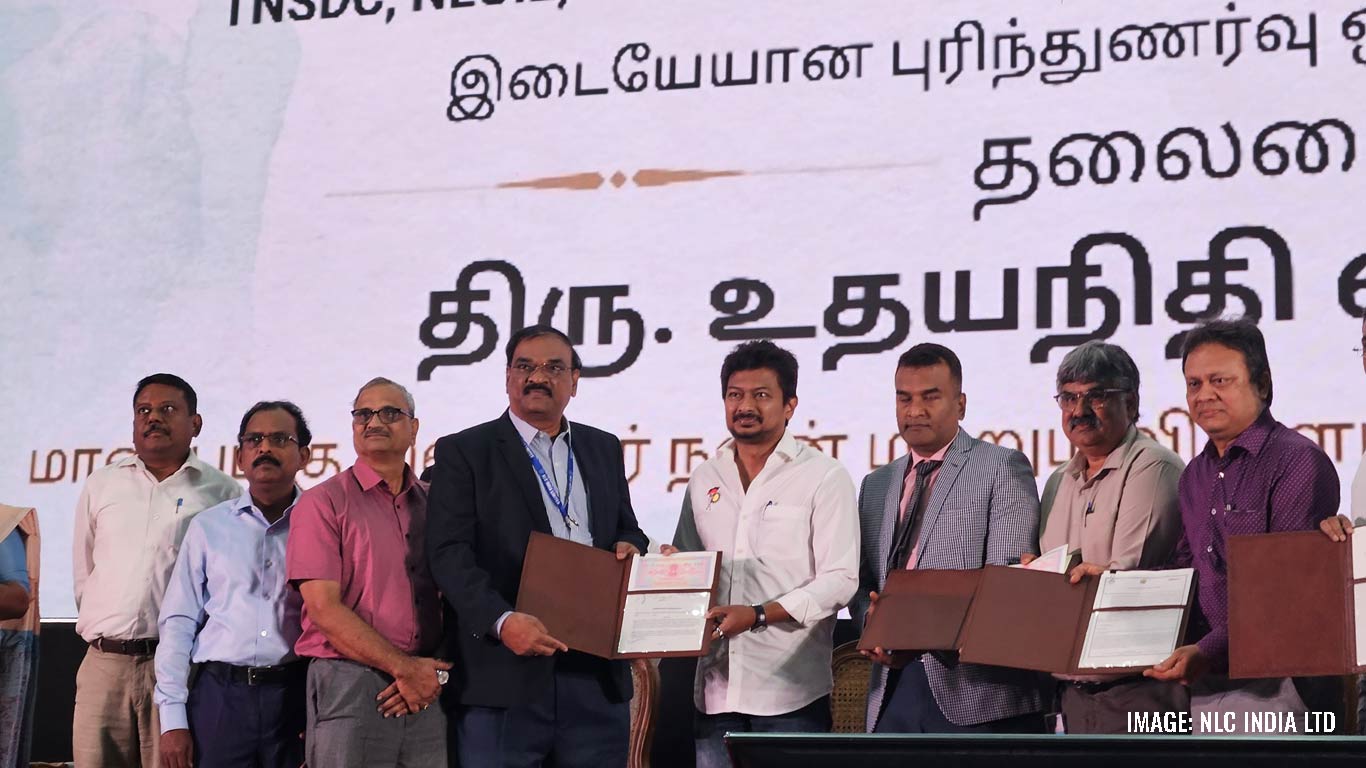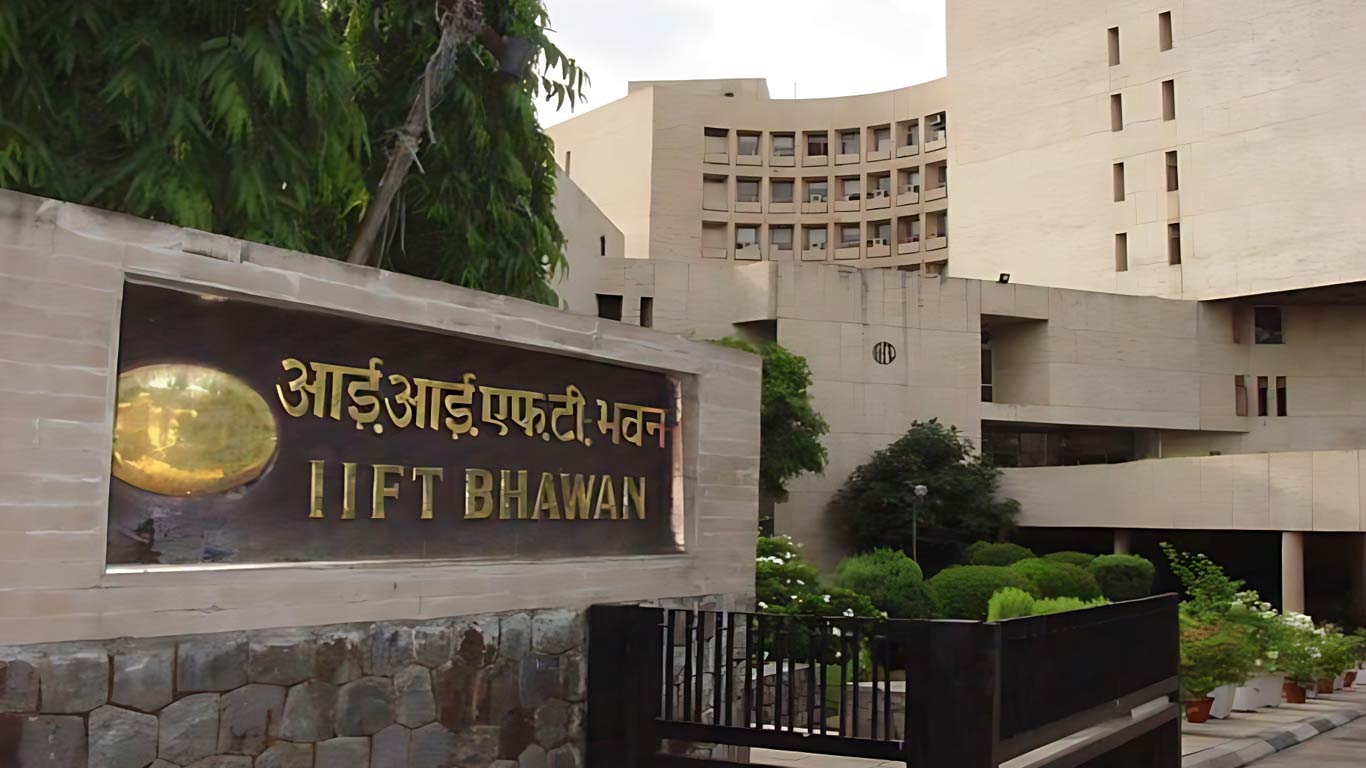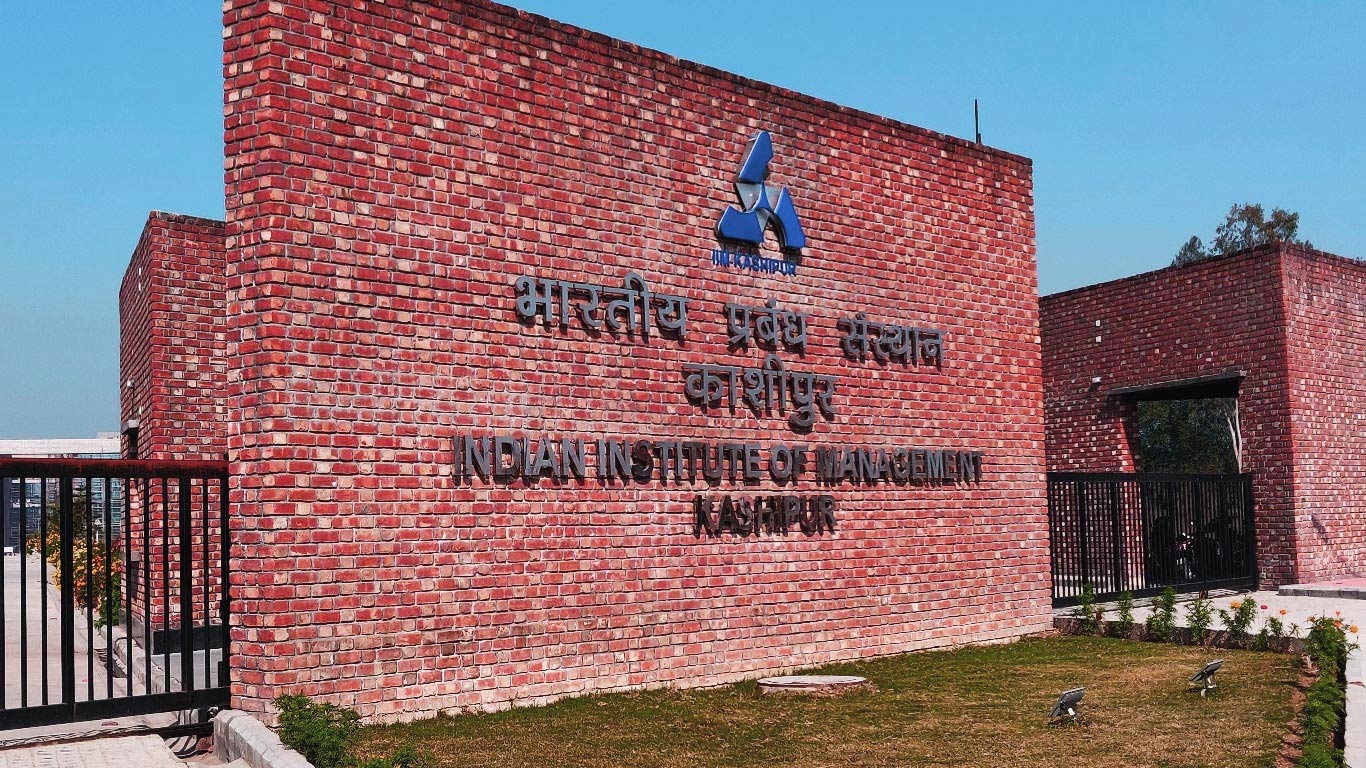Domestic natural gas price to double from next year
Updated: Jun 29, 2013 06:01:09pm
The decision, based on the recommendations of the committee constituted under the Chairmanship of Dr C Rangarajan on Production Sharing Contract (PSC) mechanism in the petroleum industry was approved by the Cabinet Committee on Economic Affairs (CCEA) yesterday, according to an official notification.
Considering that the present gas pricing policy under the New Exploration Licensing Policy (NELP) had been approved by the Government for five years beginning April, 2009, the policy will be due for revision with effect from April, 2014.
The approved recommendations known as the Natural Gas Pricing Guidelines, 2013 will remain valid for five years, although reviewed on a quarterly basis.
The government hopes that the guidelines will help incentivize investment in the Indian upstream sector, so that production reaches optimum levels and all exploitable reserves are put to production expeditiously.
Also, they will ensure that that producers do not cartelize because of the huge unmet demand. This is intended to protect consumer interests.
While the move has been welcomed by domestic gas producers such as ONGC, Oil India and Reliance Industries, it will be a big negative for gas consumers.
FICCI has welcomed the bold policy initiative taken by the government. It has for long been arguing in favour of offering remunerative prices to domestic producers, as, an efficient pricing mechanism will play a key role in expanding domestic energy supply.
Moreover correct pricing of energy leads to more efficient use of energy resources.
Commenting on the gas price, President FICCI Naina Lal Kidwai said, "The revision in natural gas price will bring in the much required technology and risk capital from foreign majors to tap vast unexplored resources in the deep and ultra-deep water frontier basins. This also has the potential to usher in the much needed Gas Revolution in India with an increased share in our energy basket in line with that of developing countries."
“Many feel the increase in gas prices will lead to a hike in power tariffs, increase fertilizer cost. However, it is important to understand that given the current state of domestic production, huge dependence on imported LNG is an expensive proposition…,” she added in a press release.
Lower domestic natural prices would encourage Indian companies to invest in overseas E&P activities and develop their economies, create employment overseas, and then import LNG to India at market-determined prices.
“By doing this, government not only depletes the forex reserves but also loses out on the royalties/PLP/taxes etc. which it would get from domestic E&P. This also reduces the incentive, and financial ability, for the development of local / regional gas transportation and distribution infrastructure,” FICCI said.
Revised domestic natural gas prices, which in-turn is expected to boost domestic gas production, will reduce dependency on expensive and polluting fuels such as diesel and naptha.
Further, it will usher in coal sector reforms due to competitive pressures and increased availability of natural gas. It will also enable revival of gas-based-power projects, which are currently sitting idle due to shortage of gas supplies and encourage, setting up of new gas-based power projects, which will be a cleaner and efficient source of power supply to the nation.
Most important, according to FICCI, it will allow India to reduce our current account deficit as domestic sources of energy replace our current huge import bill of oil. (KNN)











